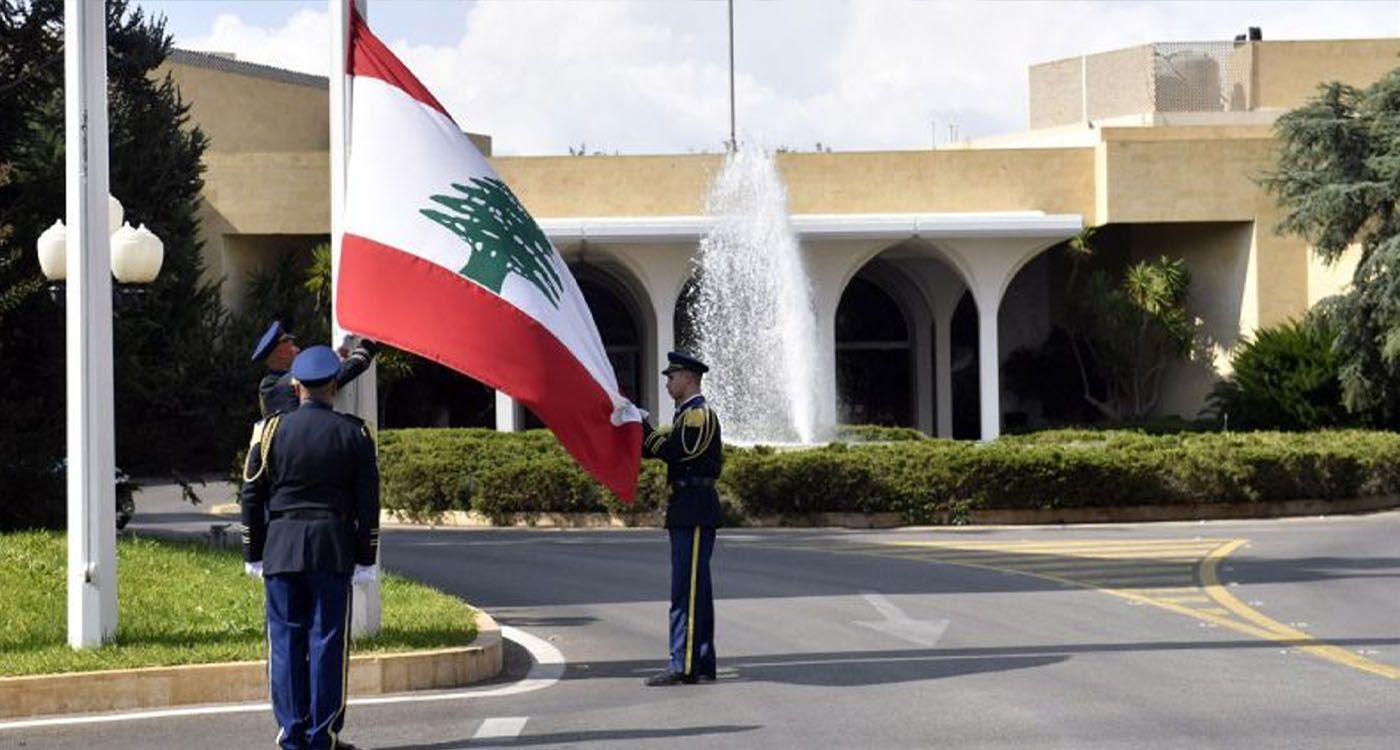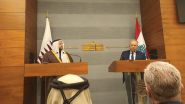
Whether a president is elected in the upcoming January 9 session or the election is postponed, the incoming head of state must inevitably be fit for the new phase Lebanon is entering. There is no more room for maneuver, and the rapid developments in the region compel the authorities to change their approach, uphold the rule of law for everyone, implement the Taif Agreement in a comprehensive, non-selective way and respect the principle of parity, which Syria turned into a tripartite formula. Indeed, Syria altered the text and spirit of the Taif Agreement, making it a “Syrian Taif,” to serve its interests and those of its allies at the expense of Lebanon’s.
Overriding the law, disregarding it and imposing customary practices before every constitutional deadline are now relics of a bygone era – not because the officials are more conscientious about saving the country from the harm they caused, but because Lebanon is now under international scrutiny, and its politicians risk sanctions, according to a Western diplomat.
On the eve of the electoral session, political forces have yet to reach an agreement on a presidential candidate from a list that includes: General Joseph Aoun, Sleiman Frangieh, Jihad Azour, Samir Assaf, Major General Elias al-Baysari, Neemat Frem, Ziad Baroud, Farid al-Khazen, Brigadier General George Khoury, Nassif Hitti, Salah Honein and Farid Boustany. The (anti-Hezbollah) opposition has similarly failed to achieve consensus within its ranks. Consequently, parliamentary votes will be distributed among the different candidates, making it unlikely for any of them to secure 86 votes in the first round (a two-thirds majority) or 65 votes in subsequent rounds.
These facts suggest that the upcoming session might be delayed until spring, providing time to agree on a candidate – unless a last-minute surprise occurs, supported by Saudi Arabia in coordination with the United States, France and Iran. A significant indication is the statement by Wafiq Safa, the head of Hezbollah’s Coordination and Liaison Unit, in which he declared that “there is no veto on Joseph Aoun.”
If a president is not elected, predictions suggest that international attention to Lebanon’s file may wane due to officials’ negligence and failure to implement Resolution 1701 under the ceasefire agreement – implicitly rejected by Hezbollah, given its continued grip on state institutions.
According to Western diplomatic sources, the presidential file “is not yet ripe.” Political circles, citing a French official who visited Lebanon recently, indicate that “France is striving to address the situation in the south to prevent a resumption of hostilities.” As such, Paris is working hard to extend the 60-day truce until spring and to seriously activate the mechanism for implementing the ceasefire agreement. Western diplomatic circles are concerned about the potential renewal of military confrontations between Israel and Hezbollah, after the latter has failed to disarm in accordance with the agreement.
All these factors could contribute to delaying the presidential election, though the possibility of a last-minute surprise leading to a positive outcome on January 9 cannot be ruled out. The hours leading up to the session will be filled with developments and surprises that will determine the fate of the election and Joseph Aoun’s candidacy.




Comments